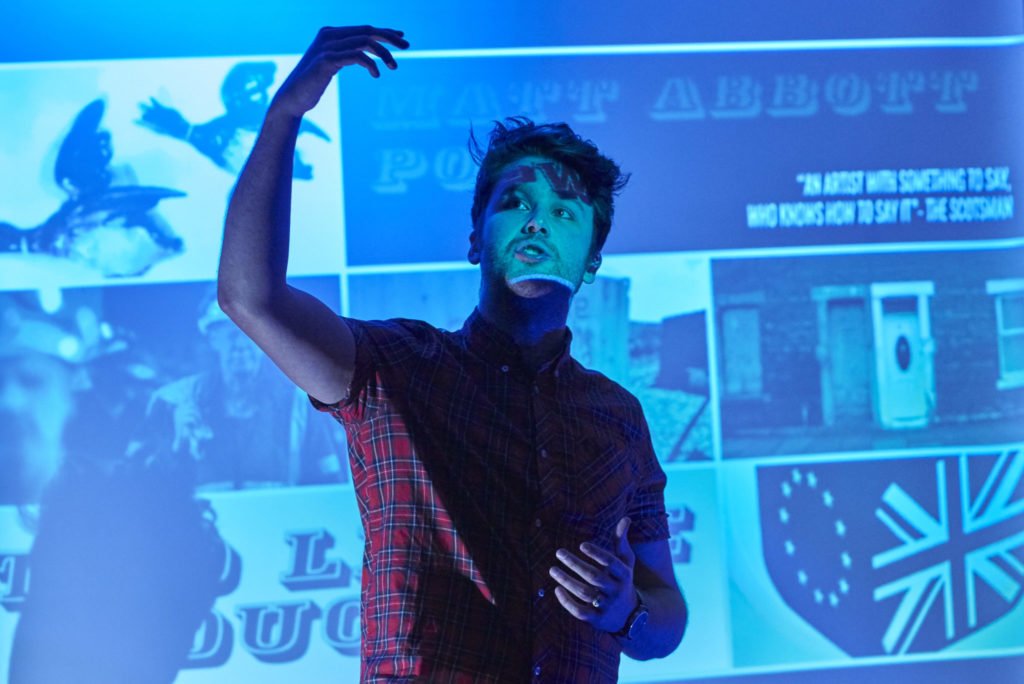 At the start of the decade, I was hurtling full force into an existential crisis, which it took me a good five years or so to emerge from. Granted, that might sound melodramatic, but bear with me.
At the start of the decade, I was hurtling full force into an existential crisis, which it took me a good five years or so to emerge from. Granted, that might sound melodramatic, but bear with me.
My band, Skint & Demoralised, were about to be dropped by Universal after just shy of 2 years. They’d insisted that we ‘change direction’ so that they could ‘relaunch’ me as a solo artist; taking great joy in my decision to shave off my trademark locks in late 2009. They blagged me an endorsement deal with Adidas, spent £10k on a music video for a single that they never released, and then allowed our lawyer to negotiate the rights to our as-yet unreleased début album which they’d spunked around half a million quid on. So, it was a shaky start at best.
I’d moved back from London with my tail between my legs and a drink problem, and at the age of 21, I felt as though my game was up – that life from thereon in was an existential void.
And then in the summer, Luke Wright invited me to perform at Latitude Festival. I knew of Luke from MySpace (ah, the ‘00s). Turns out, he knew of me through Skint & Demoralised, because he’d seen Eddie Argos’ review of our début single and had a listen. And so there I was, cacking myself, but with a bit of plan.
Now, I’d performed there with S&D the previous summer, so the big stage wasn’t daunting. But I’d been so focused on writing lyrics that I found myself with a 30-minute set, and only around 10-15 minutes of ‘performable’ spoken word poetry. And when I say ‘performable’, I mean stuff that I felt confident performing in front of a festival audience: fast-paced and humour-based. I’d spent the last few years pouring my heart into lovelorn lyrics, but they felt too subtle for this arena.
On reflection, I wish I’d taken a plunge with these lyrics and blended them with the ‘performable’ stuff. What I did instead was write 20 minutes of stand-up comedy, which I interspersed with the poems along a loose narrative arc. I’d accidentally created half of an Edinburgh Fringe scratch show out of dire necessity, even though I’d never even heard of [EdFringe] at that point. The set went down well enough for me to be invited to perform it again at Leeds Festival, and it was backstage at Leeds when Luke told me that I should consider developing for EdFringe.
In hindsight, it tells me an awful lot that I’d opted to go down the comedy route. Nowadays, at pretty much all UK festivals, spoken word poetry fans can justifiably feel short-changed if there’s not at least one segment of the programme devoted to the art-form. A lot of medium-sized festivals have dedicated stages, and it was in the Poetry & Words tent at Glastonbury 2013 that Kate Tempest inspired me to try and pursue spoken word poetry as a full-time endeavour.
In 2015, I took what I thought was my début spoken word poetry show to do a week’s run at EdFringe. In reality it was just a polished 45-minute setlist of what I considered to be my strongest poems to date, bookended by a prologue/epilogue to make it feel like a show. I then co-fronted a 22-date UK theatre tour with a spoken word poetry collective called A Firm Of Poets, whom I’d co-founded on the back of that Kate Tempest set in 2013.
During this period, I formed my spoken word label Nymphs & Thugs – such was my obsession with poetry predominantly existing on stages for me, as opposed to on bookshelves. Don’t get me wrong, I love reading poetry – but to me, at this point, a poem’s peak was evoking a strong audience reaction. That was how I’d originally accessed poetry, and amidst poor-quality YouTube videos or out-of-date Soundcloud accounts, I spotted an opportunity. We’re now the UK’s leading spoken word record label. But you’ve heard about N&T already in this column…
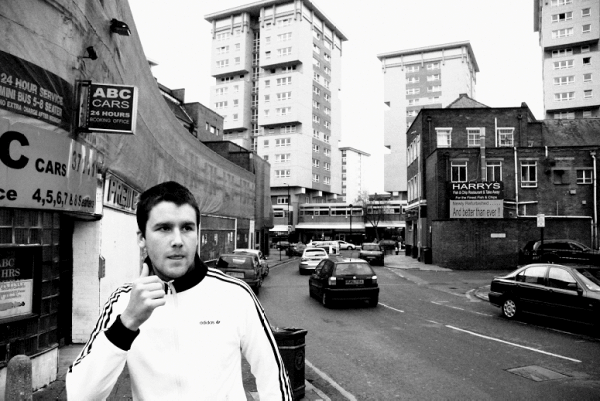
The following year, I starred in the first set of TV ads for Nationwide Building Society. The ‘debate’ that ensued was the spoken word poetry scene’s Brexit. But I didn’t care, because it gave me a once-in-a-lifetime opportunity in terms of career investment. Anybody who’s been anywhere near EdFringe will tell you how outrageously expensive it is, and it’s only getting worse. For a freshly freelance working-class poet, it’d felt impossible.
So, in 2017, I took an embryonic version of my début spoken word poetry show ‘Two Little Ducks’ to do a full EdFringe run. I managed to get a few 5* reviews, but the whole project was riddled with expensive mistakes. That said, by the end of the run, I knew what I needed to do in order to complete the show. I took the final version on a 22-date UK theatre tour last autumn, with the poems published in book form by VERVE Poetry Press – my first collection.
Spoken word shows are now a thing. Nationwide poetry still is. Poetry slams reached an unprecedented height in the UK, and we’ve also seen the global rise of ‘Insta-poets’. Poetry book sales are at an all-time high and don’t look like slowing down any time soon. It’s been quite a decade.
I met my fiancé Maria Ferguson working for The Poetry Takeaway in January 2017, and outside my family, all of the people who I’m closest to in my life are people that I met as a result of writing poetry in some way or another.
I wish I’d not given the Adidas gear away. I’d do anything for another set at Latitude. And I wish I’d always seen poetry as a feasible career option, instead of co-managing a small-sided football arena before co-owning a vintage shop (see what I mean about existential crisis…?!). But through the relentless pirouettes of the 2010s, and I’m increasingly baffled by what my life might resemble without spoken word poetry.
Matt Abbott is a poet, educator and activist from Wakefield. He runs Nymphs & Thugs, fronts Skint & Demoralised and co-hosts Roaring 20s Radio. His début poetry collection is ‘Two Little Ducks’ (VERVE, October 2018), and his début collection for children is ‘A Hurricane in my Head’ (Bloomsbury, July 2019).
Filed under: Written & Spoken Word
Tagged with: leeds, poet, poetry, Skint & Demoralised, spoken word
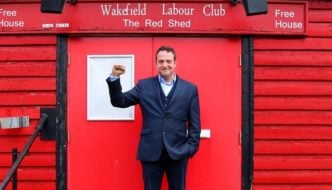
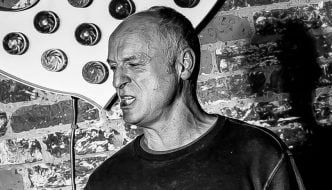
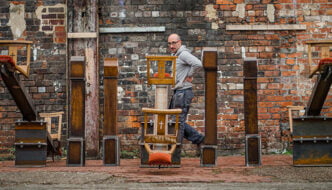
Comments